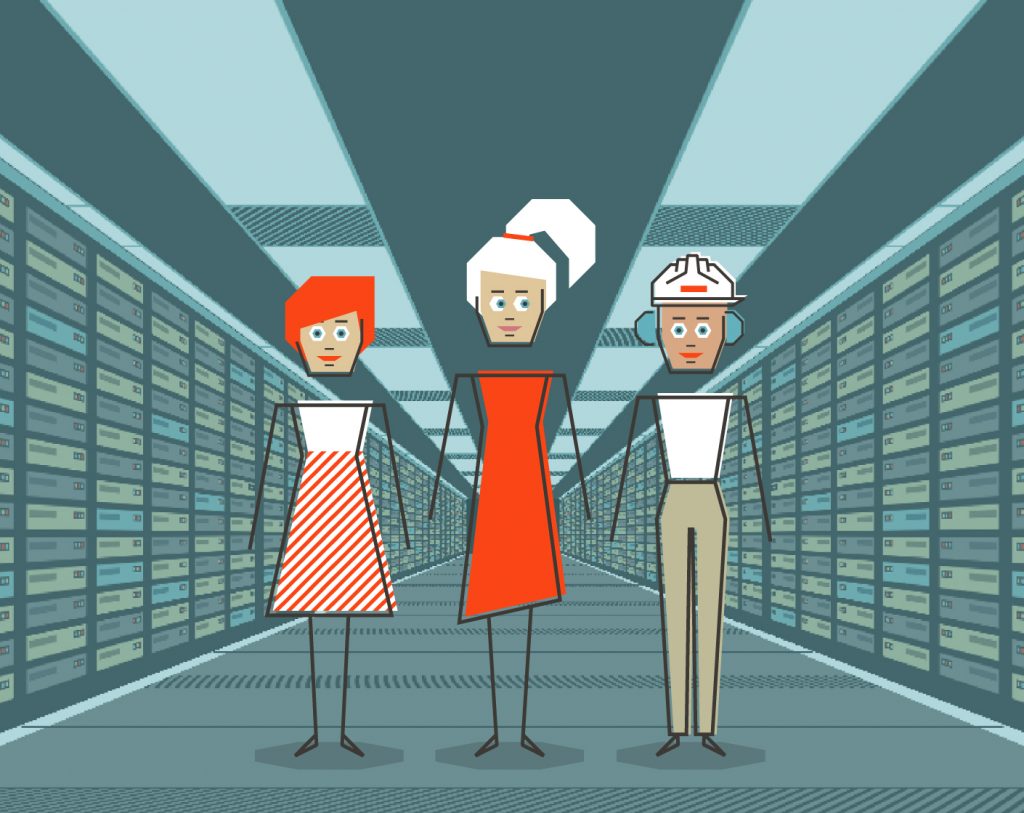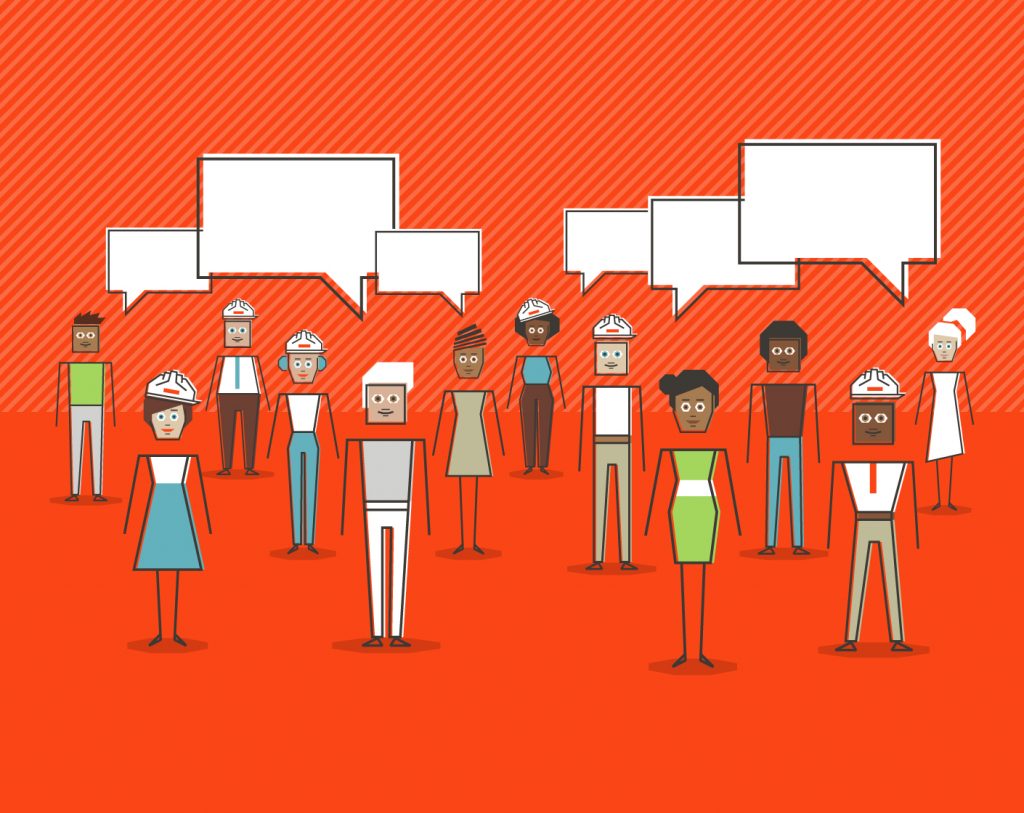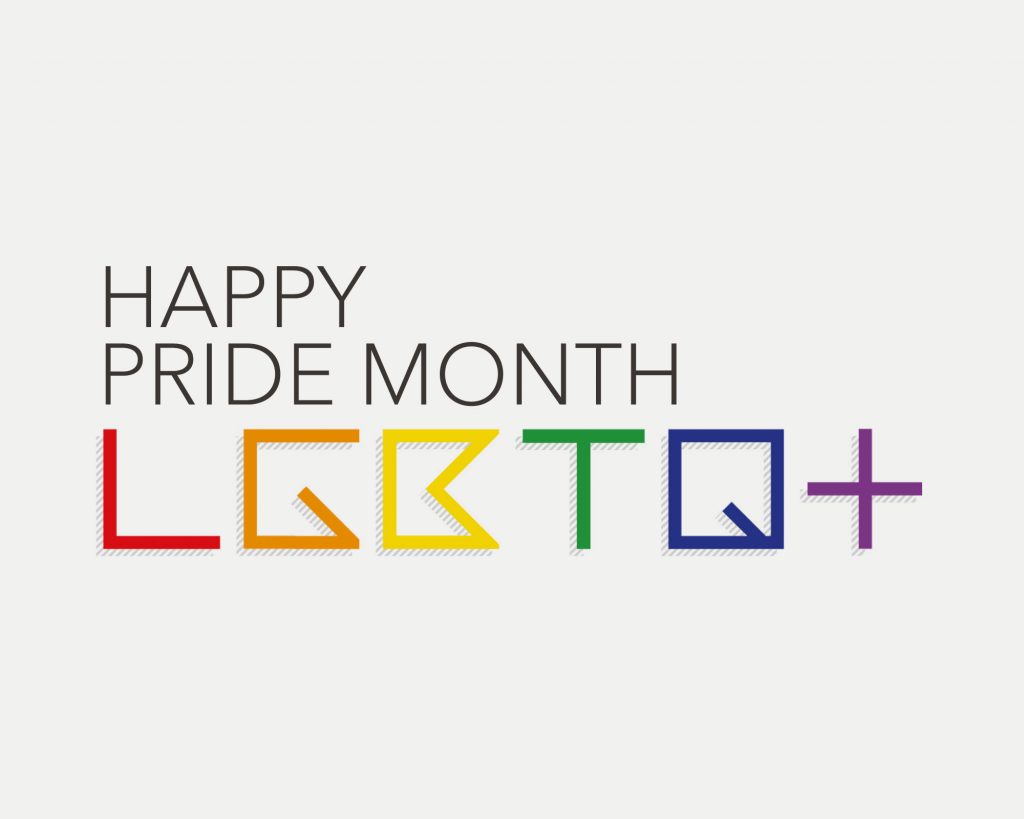[PART 3] Gender Parity in Gen-Z: What does it mean and why do we care?
By: Tricia Arneson
![[PART 3] Gender Parity in Gen-Z: What does it mean and why do we care?](https://www.yondrgroup.com/wp-content/uploads/2021/09/Gen-z-landscape-e1630945713636.png)
As part of iMasons Gender Parity Challenge, which aims to increase awareness about the lack of Diversity in the workplace, Tricia Arneson, Chief Diversity Officer and Head of Business Operations at Yondr Group spoke with three bright Gen Zers to get their thoughts on gender parity in today’s evolving society.
The series explored the perspectives and insights of three bright Gen Zers on what gender parity means to them, how to evolve today’s workplace and what can individuals do to improve gender parity across the workplace.
In this final part, Holly Barons, Paige Hansen and Demi Carpatorea share their thoughts on what can be improved across the industry when it comes to gender parity, the positive impacts individuals can make within their organisation and the generational differences when it comes to gender equality.
Responses have been lightly edited for clarity.
What do you currently see that tells you we have room to improve our gender equality across the industry?
“Upper levels of management still seem to be dominated by men. I do not hear of many female CEOs of construction companies,” says Holly and Paige agrees: “Finding companies with women in leadership roles is not as frequently found as in other fields.”
For Paige, this lack of diversity is about representation. “Many females feel like they might not have opportunities in that field as a result [of a lack of diversity], and so they don’t choose to study and focus on that field. It is not that women aren’t capable of being competitive in these roles, it is that many don’t focus on this job field because of old ideologies.
“I think the industry could improve its diversity by focusing on changing this precedent through reaching out to prospective employees during their college years, showing that construction is not just a male-centered field, supported by advocates of all genders. As well as putting it into practice by getting a diverse group of interns to get greater visibility of the field.”
For Holly, it’s about gender stereotypes. “Society has historically framed masculinity and femininity as opposites, and to this day it seems like some people are not as readily considered for challenging roles or promotions because of ancient stereotypes. I sometimes feel the stereotyped qualities of what it means to be female have overshadowed my individual traits. Until the stereotypes have gone away and we can view people as they are, there will always be room to improve gender equality.”
What is one thing that you can do to make a positive impact on gender equality at your organisation / future workplace?
“Speaking up,” says Holly. “My parents are Gen-X, and when my mum was working in the 90s, the attitude was still very much that, as a working woman, you are out of place and stepping into a man’s world and therefore should take it as inevitable that you will not be treated equally.
“She never felt comfortable speaking up, and there’s times where I worried about being labeled as dramatic or emotional for voicing my concerns. But the more of us who support each other and show that speaking up makes a difference in work culture, the closer we will get to gender equality.
Paige understands this too, “Just hearing that a company is diverse may not be convincing. However, actually seeing other women in the industry talk about their roles and opportunities adds validity to the diversity statements.”
This theme of unity continues. “Everyone can make small changes which in the end will have a big impact,” says Demi. ‘It is most important to open up the conversation, at home, in the gym etc, for everyone to understand the benefits of having an inclusive culture and more gender equality.
Holly adds, “I also think starting employee support groups or resource groups can make a big impact in creating that safe space where people can talk openly about subjects like gender equality.”
“These topics usually feel very far away, and it might feel difficult to identify what you can do as one person to actually make the difference,” Demi concludes.
What is your perspective as a Gen-Z on the importance of gender parity? How does your perspective differ from the older generation?
“For many of us in Gen-Z, the Covid-19 pandemic has had the biggest impact on our lives to date,” says Holly. “As we lost the ability to connect in person, that desire to come together manifested in an explosion in social media. It is amazing to see the communities that have formed on apps like TikTok, as we share ideas at an unprecedented speed.
“We grew up with instant messaging and I feel we have a constant desire to communicate. Because of social media, we have also grown and had constant exposure to those who are different, and the world has seemed increasingly smaller. I think this translates to the issue of gender parity, in that we have a desire to accelerate change and break boundaries.
“We see influencers in STEM and construction showing us what jobs and goals are attainable, and we act more as a collective than previous generations. I also think we are less tied to the binary gender narrative of male/female because we’ve seen Millennials pioneer movements such as identifying pronouns and all-gender restrooms, and it’s become a more common and open topic of conversation in school and now in the workplace.”
For Paige it’s a “shift in possibilities not ideology” that marks the difference. “Some of the older generation shared the same ideals on gender parity but had to pick and choose their battles. Their fight gives us the opportunity to push it even further towards reaching that goal of equality between genders… to even out the pay gap, not have gender hold us back from leadership opportunities, and be able to choose what we do with our bodies and our lives. In this we don’t differ from those who advocated for equality in [previous] generations. However, we are different in that due to their efforts we now have a larger group fighting along with us in society.”
For Demi it’s about openness. “In my experience, Gen-Z are more open to having these difficult conversations and we are more open to discuss and actually change our views on certain topics. I think the main challenge is to bring [change] in the right way… when you want people to address these things you almost need to make a business case … and if you can provide that in the right way, the differences between generations disappear.
This series is part of iMasons Gender Parity Challenge which aims to increase awareness about the lack of diversity in the workplace. The challenge, organised by iMasons Women, encourages organisations to improve recruitment methods and implement education programs in order to achieve equality by 2025. You can learn more about the challenge here.
This article was first published by iMasons.


